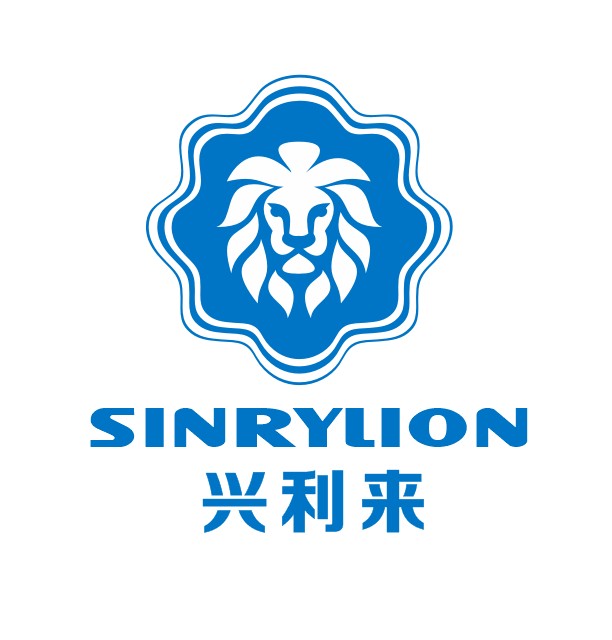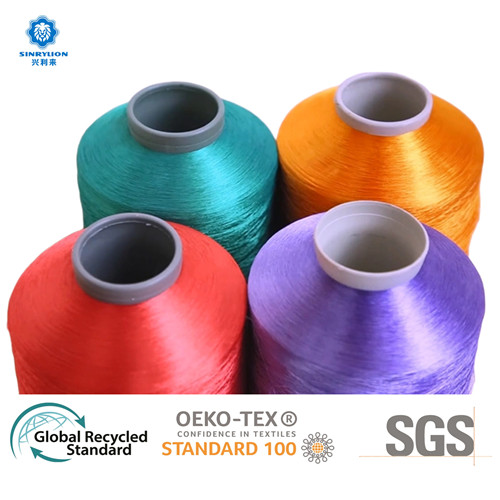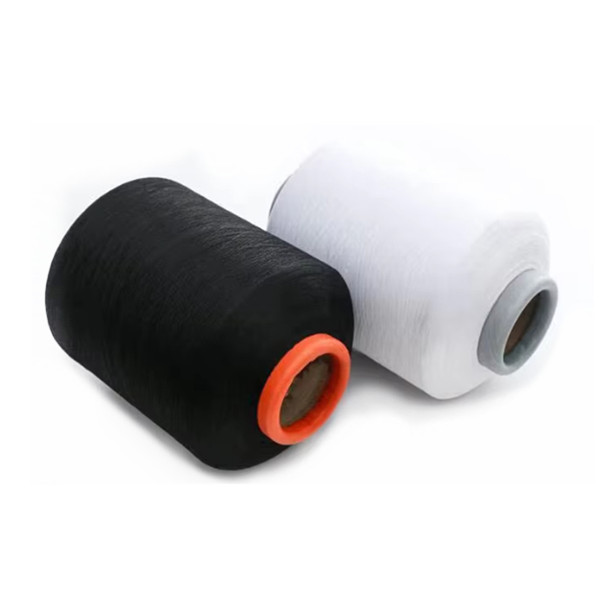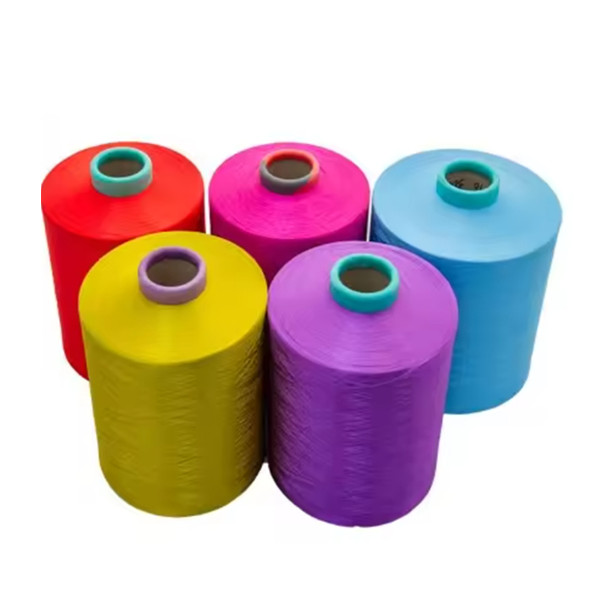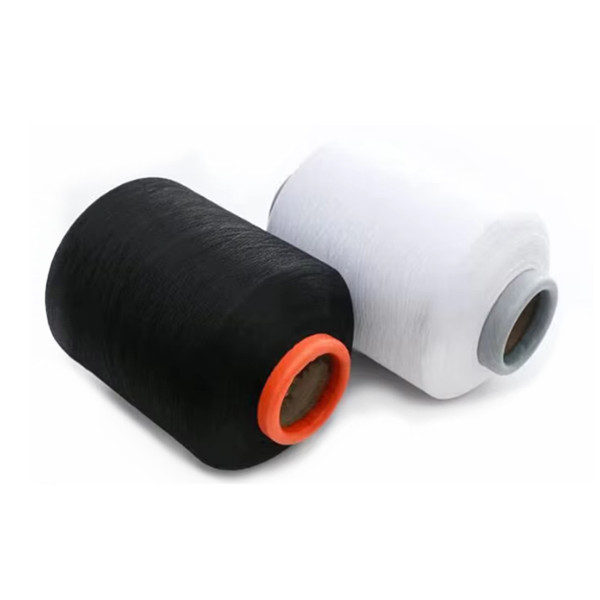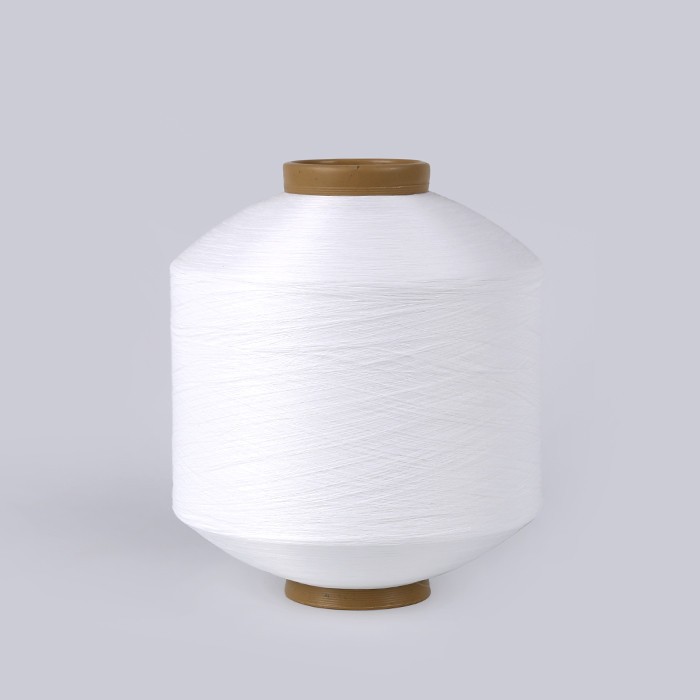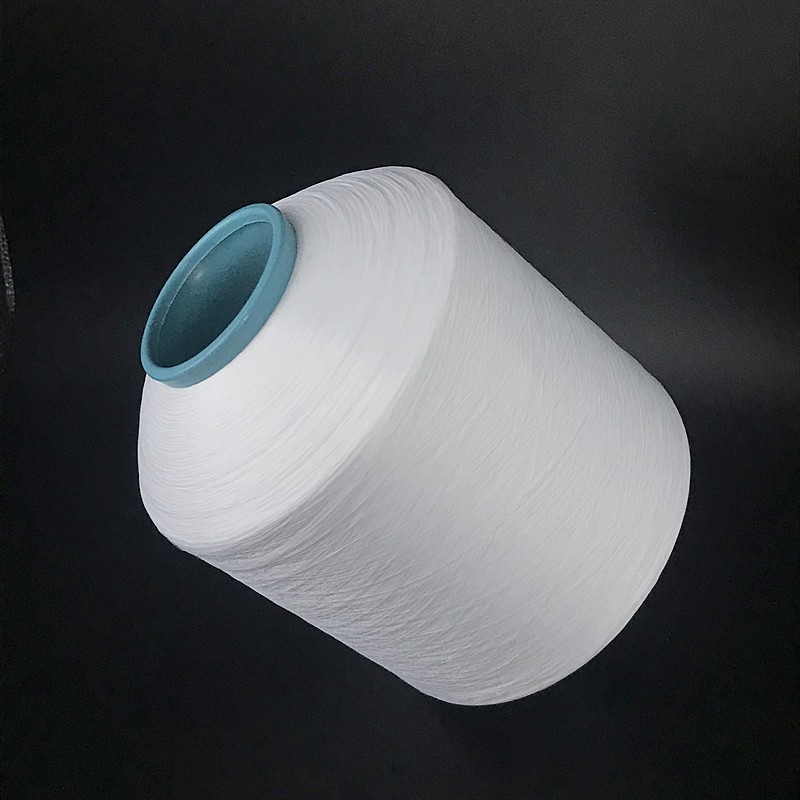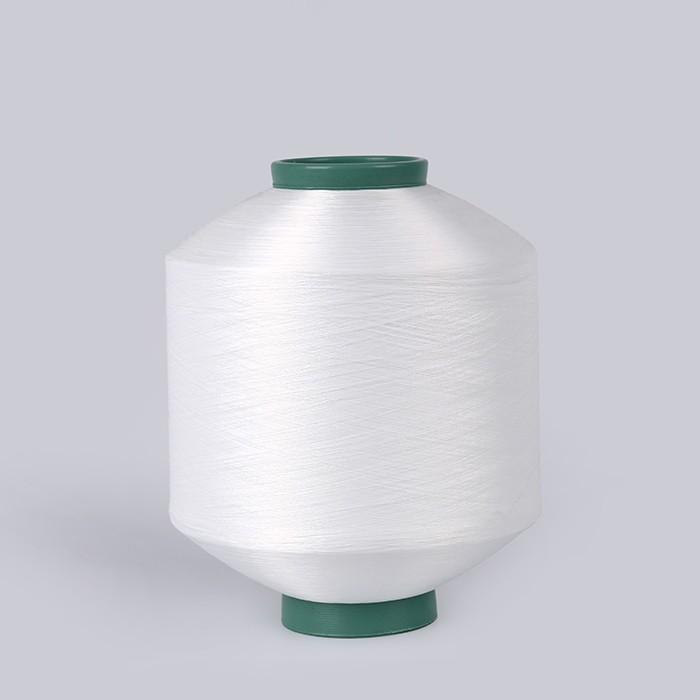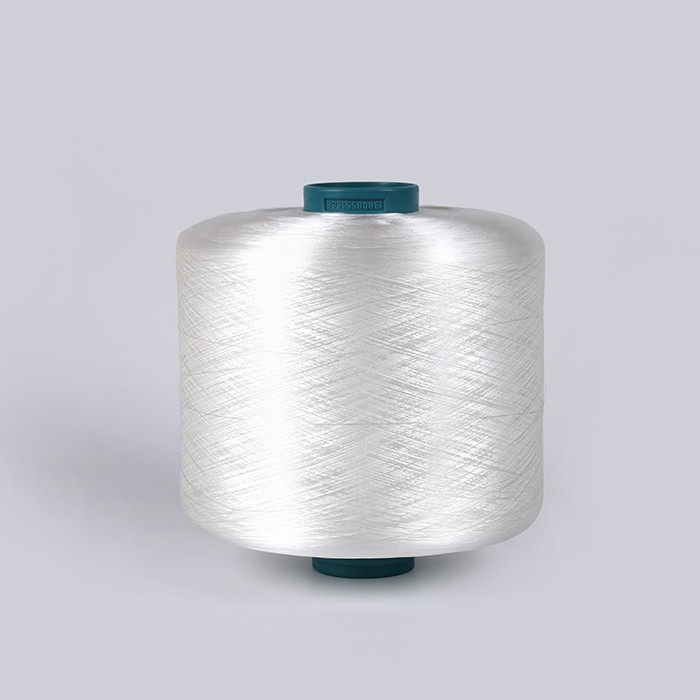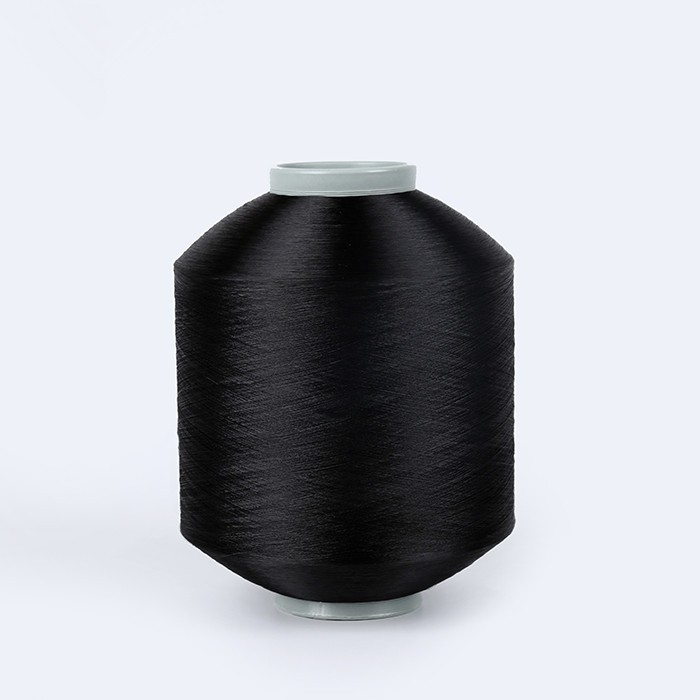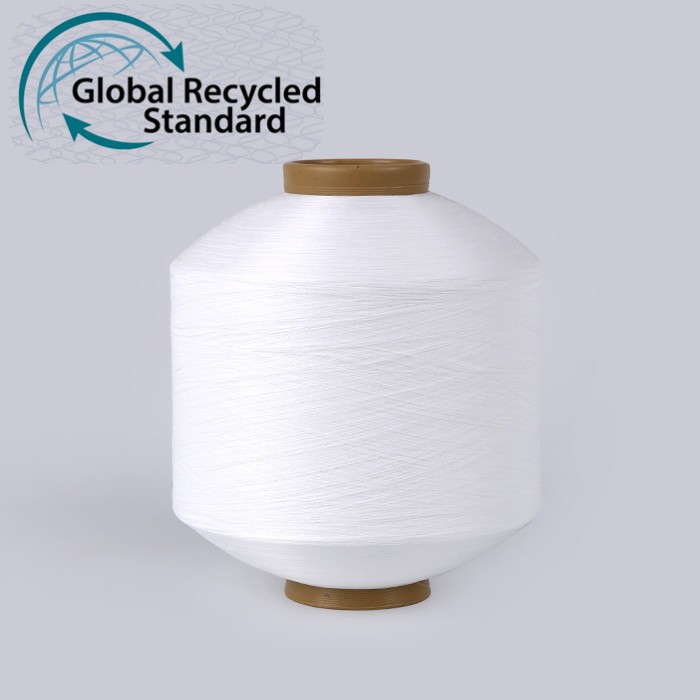 Professional Polyester Textured Yarn and Fancy Fur Yarn Manufacturer
Professional Polyester Textured Yarn and Fancy Fur Yarn Manufacturer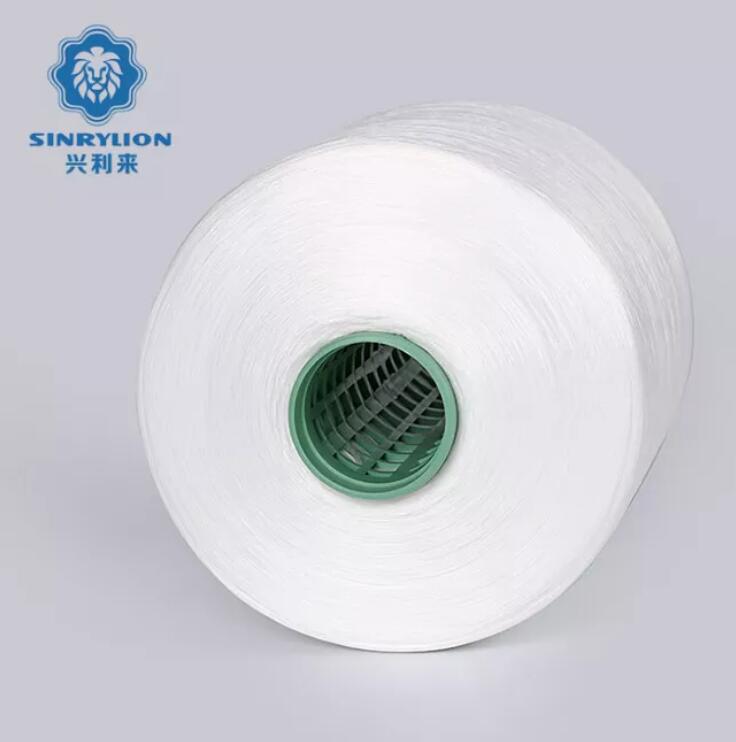 Semi Dull Yarn Manufacturer Polyester Yarn Factory
Semi Dull Yarn Manufacturer Polyester Yarn Factory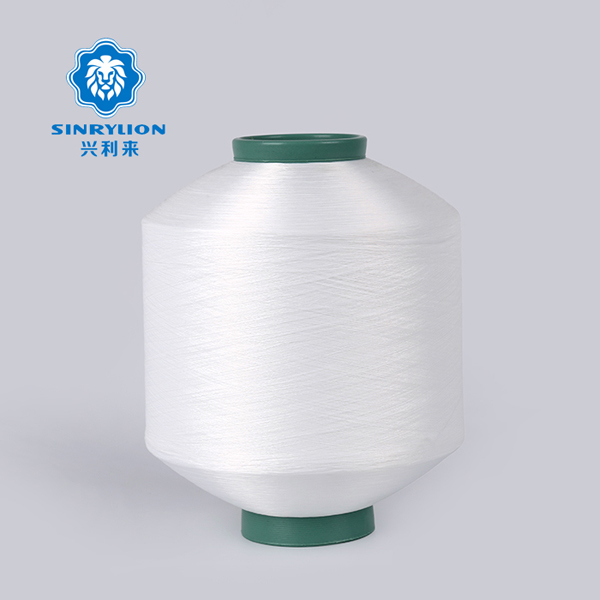 Sinrylion Polyester Twisted Yarn Manufacturer Raw White Supply
Sinrylion Polyester Twisted Yarn Manufacturer Raw White Supply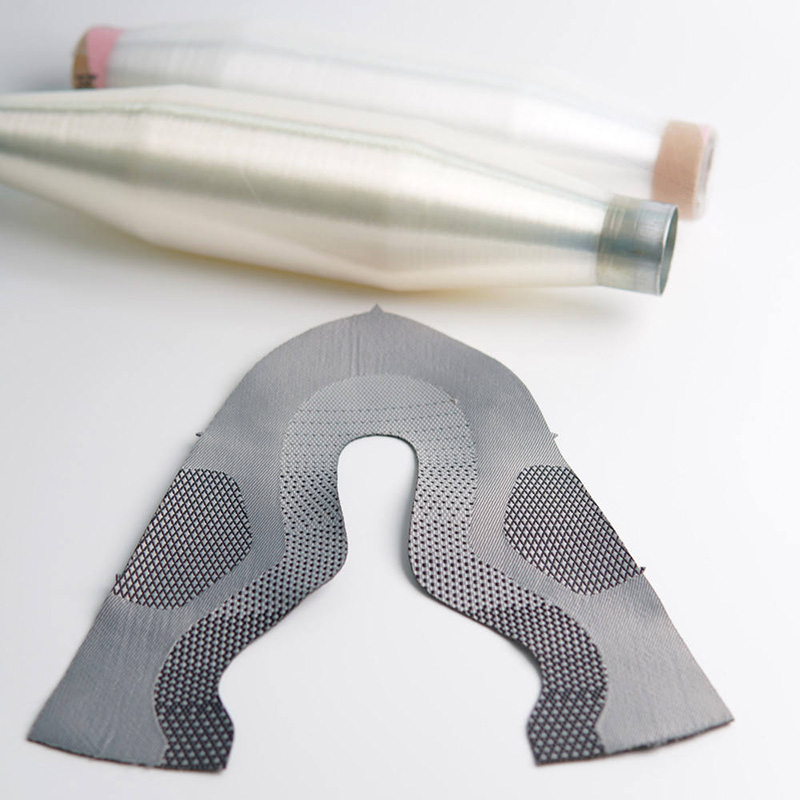 Good Resilience 0.32mm TPU+TPEE Monofilament Yarn
Good Resilience 0.32mm TPU+TPEE Monofilament Yarn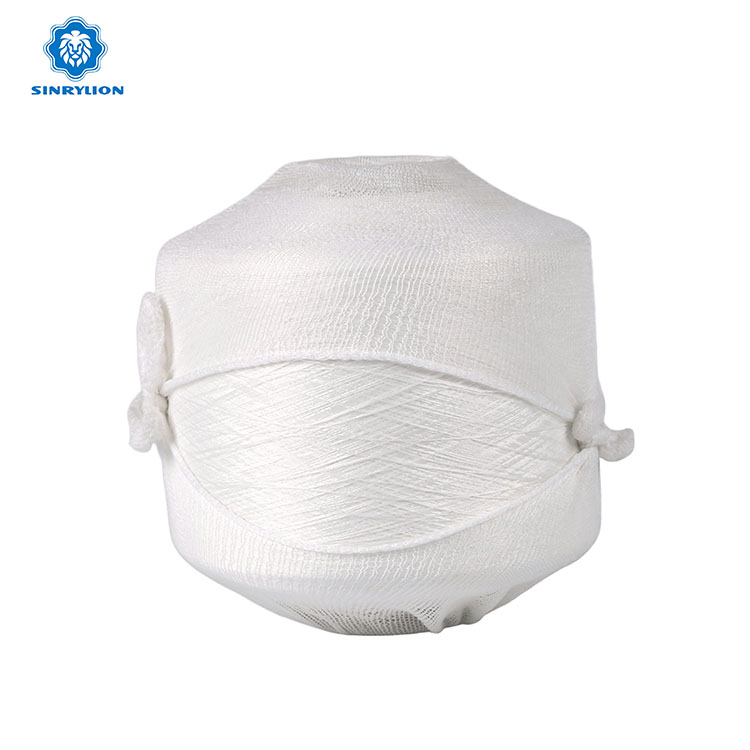 Polyester Raw White DTY Dyeable Tube 150D/120T For Sewing Thread Use
Polyester Raw White DTY Dyeable Tube 150D/120T For Sewing Thread Use- All new products
75D 120TPM Filament FDY DTY Price Of Polyester Yarn Factory
Send Inquiry
75D 120TPM Filament FDY DTY Price Of Polyester Yarn Factory
Contact us to get the price of polyester yarn factory. The polyester twisted yarn produced by our
polyester yarn factory is known for its excellent uniformity, high strength and excellent color fastness.
It is an ideal material for manufacturing various high-quality woven labels. Whether you are a
woven label factory or in the clothing, shoes and hats, home furnishing and other industries,
our yarn can add a touch of bright color and unparalleled durability to your products.

polyester yarn factory

price of polyester yarn



Custom Dyed colors polyester yarn

Purpose and requirements of twisting
Purpose:
Twisting is a necessary means to make fiber strips into yarns. Before twisting, it is generally necessary
to condense the loose fibers into fiber strips. After twisting, the outer layer of the fiber is squeezed to
the inner layer to generate centripetal pressure, so that the whiskers obtain friction along the length
of the fiber.
Requirements:
The yarn obtains the best strength, elongation, elasticity, flexibility, gloss and feel;
The structural morphology of the yarn is diversified;
Improve the twisting efficiency of the yarn.
Production process of polyester yarn factory:
1. Raw material preparation: First, it is necessary to prepare the main raw materials for producing
polyester filaments, such as polyester chips, catalysts, stabilizers, etc. These raw materials need to
undergo strict quality inspection to ensure that their purity and performance meet production requirements.
2. Melt extrusion: Heat the polyester chips above the melting point to melt them into a liquid state.
Then, the molten polyester chips are extruded into filaments through an extruder. In this process,
it is necessary to control parameters such as extrusion speed and temperature to ensure the quality
of the polyester filament.
3. Cooling and solidification: The extruded polyester filament needs to undergo a cooling and solidification
process to change it from liquid to solid. Air cooling or water cooling is usually used to quickly cool and
solidify the polyester filament.
4. Stretching and shaping: The polyester filament after cooling and solidification needs to be stretched
and shaped to improve its strength and dimensional stability. During the stretching and shaping process,
it is necessary to control parameters such as stretching speed and temperature to ensure the performance
of the polyester filament.
5. Winding and packaging: The polyester filament that has been stretched and shaped needs to be wound
and packaged for easy transportation and storage. During the winding process, it is necessary to control
parameters such as winding speed and tension to ensure the quality of the polyester filament.
6. Quality inspection: During the entire production process, polyester filaments need to undergo strict
quality inspections, including appearance inspection, size measurement, performance testing, etc. Unqualified
products need to be reworked or scrapped.
Quality control:
Polyester filament factories need to establish a complete quality management system, including raw material
procurement, production process, finished product inspection and other links. Specific measures include:
1. Strict raw material procurement standards to ensure that the quality of raw materials meets production requirements.
2. Regularly maintain and calibrate production equipment to ensure stable equipment performance.
3. Real-time monitoring of the production process to ensure that all parameters are controlled within a reasonable range.
4. Strict quality inspection of finished products to ensure that the products meet customer requirements and national standards.
5. Trace and analyze unqualified products, find out the causes of the problems and take improvement measures.
6. Regularly train and assess employees to improve their operating skills and quality awareness.
 English
English 한국어
한국어 বাংলা ভাষার
বাংলা ভাষার हिन्दी
हिन्दी Türkçe
Türkçe русский
русский